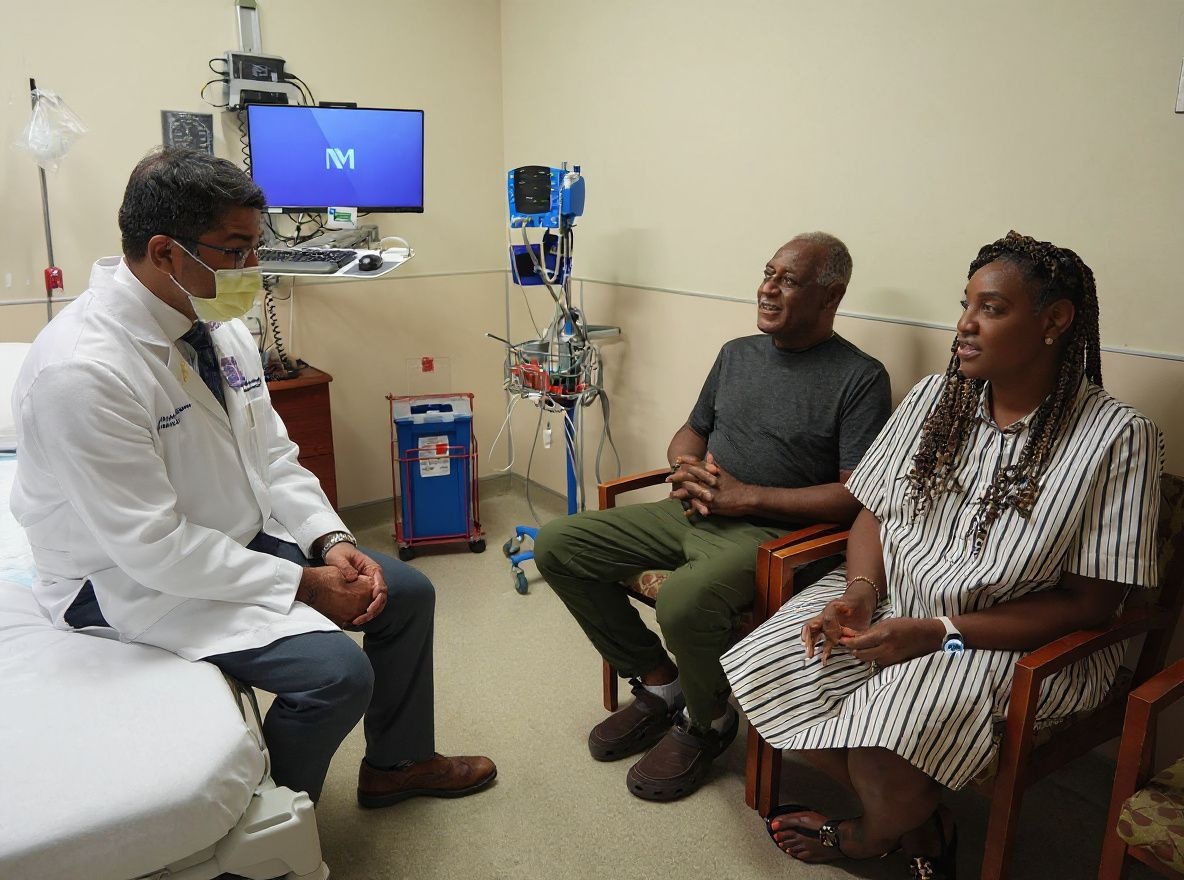
If I were to go back to the past and re-do my degree all over again, the one thing I would do is to make sure to take the classes where exams aren’t part of the programme. I dreaded sitting for exams.
I’ve pulled several Kay Chung all-nighters to pass my exams, and I’m glad to say I did.
But as a communication student, I didn’t sit for as many exams as my friends in other degrees. I’ve seen my psychology student roommate cry before and after her exam, then again when she got her grades.
So that got me thinking: Who created the most hated event, a.k.a exams? How do exams benefit students? What are the degrees with the most exams?
The start of examinations
We can thank Henry Fishcel, a German-American businessman and philanthropist, for inventing the well-beloved modern-day exams in the late 1800s.
But before we dive into Fishcel, let’s rewind it to 605 CE in ancient China.
During the Sui Dynasty, exams were called the “civil service examination.” It was created to select government officials based on merit rather than birth order.
Halfway across the world, in 1806, Britain adopted a similar style of exams to select civil servants to serve Queen Charlotte’s civil service. The same system was brought to India by the East India Company in 1853. The exam still exists in India today.
Now, back to Fishcel.
As a professor at Indiana University, he designed exams to assess students’ overall knowledge of subjects and to see if they could apply the knowledge.
Universities like the University of Oxford and the University of Cambridge later adopted the concept. They made all students sit for the standardised exams for subjects such as English, Mathematics, History, Latin, German, and French.
Now, modern students are to sit for GCSEs, A-Levels, or the International Baccalaureate (IB), with Baron Kenneth Baker of Dorking contributing to the finding of the GCSEs and John Goormaghtigh for IB.
 China’s Gaokao exam is the hardest in the world, but those who pass can enrol in a prestigious university and pursue a specific study area.
China’s Gaokao exam is the hardest in the world, but those who pass can enrol in a prestigious university and pursue a specific study area.
How students benefit from taking exams
While we may dislike the idea of exams, there are several benefits to students having to sit for it.
Exams encourage students to study and learn to apply what they’ve learnt during their classes. Through studying, they’ll identify which topics they lack knowledge of and which are vital. Their results will also help them reassure them.
Testing of knowledge aside, exams can be a way to allow students to practice their problem-solving skills under a specific time limit. While being in the classroom can help build this skill, exams are the only way to test it before entering the real world.
One Reddit user puts it plainly: “I don’t know about you, but I don’t want my lawyers, doctors, engineers, etc to fail or almost fail their final and still be allowed to practice.”
Memory is also tested.
Throughout your years in university, you’ll learn different ways to test your memory and retain information longer than you usually would. Sometimes, it’s not about memorising it but understanding it enough to maintain the information in the long term.
Sitting for exams contributes to the growth of students, even though many of you may not admit it now.
10 degrees you should avoid because they have the most exams
1. Accounting
Accounting is iconically known to have the most exams compared to other degrees.
As an accounting student, you must sit for your school’s and external exams hosted by accounting organisations.
To qualify as an accountant, the main examinations you’ll be sitting for are the Association of Chartered Certification Accounts (ACCA), Certified Public Accountant (CPA), Chartered Management Accountant (CMA), Chartered Financial Analyst (CFA), and Chartered Institute of Management Accountants (CIMA).
There are more exams, but they differ depending on your specialisation and the country you’re living in. They’re known to be hard to pass, especially ACCA. The passing rate for the exam is often low, with the highest being 53% for the Taxation section.
2. Actuarial Science
Actuarial Science is about mathematical and statistical methods to evaluate risk and maintain economic stability in financial and insurance organisations. Due to its correlation with evaluating risks, exams are needed to become an actuary officially.
There are two actuarial bodies, the Society of Actuaries (SOA) and the Institute and Faculty of Actuaries (IFoA).
SOA is better suited for individuals in the US and Canada, and it has over five exams, including financial mathematics, long-term actuarial mathematics, probability, short-term actuarial mathematics, statistics for risk modelling, and predictive analytics.
IFoA is more relevant for roles in the UK and Europe, and its exams cover general insurance, actuarial statistics, communications practice, enterprise and risk management, health care, and more.
However, you can apply for exemptions if your degree programme is IFoA accredited.
 To practice architecture in Europe, you must take the NCARB Architect Registration Examination (ARE) or the Royal Institute of British Architects (RIBA) exams.
To practice architecture in Europe, you must take the NCARB Architect Registration Examination (ARE) or the Royal Institute of British Architects (RIBA) exams.
3. Architecture
To become an architect, you must learn mathematics, design buildings, computing skills, and communication. But before entering the real world, you must take several exams to become a certified architect.
In addition to your class exams, you’ll have to complete a series of six exams under the Architect Registration Examination (ARE), making this one of the degrees with the most exams to become an architect officially.
However, this also differs depending on the country where you want to work.
In Malaysia, passing the LAM PART III Professional Examination for Architects is compulsory before entering the field. In Australia, you must pass the Architectural Practice Examination (APE) on top of ARE.
4. Finance
Like accounting, finance has the most exams and is known to be hard to pass.
If you’re looking to work in finance, here are some of the exams you’ll need to pass: Chartered Financial Analyst (CFA), ACCA, Certified Financial Planner (CFP), Financial Modeling and Valuation Analyst (FMVA), Chartered Alternative Investment Analyst (CAIA), Financial Risk Manager (FRM), and Chartered Tax Professional Certificate (CTPC).
It’s essential to take note that the exams differ depending on your specialisation and the country you’re living in.
The exams can make becoming a finance student overwhelming, but it will all be worth it as you’ll be paid an average of US$96,937 per year once you’re out in the field.
 There’s no limit to how many times you can sit for the bar exam. However, it depends on where you’re taking it.
There’s no limit to how many times you can sit for the bar exam. However, it depends on where you’re taking it.
5. Law
The certifications and exams required to become a lawyer vary by country, but it’s still considered one of the few degrees to have the most exams, including the bar exam.
For Malaysians, it’s one big mountain to conquer.
On top of their class examinations and Bahasa Malaysia Qualifying Examination, the Certificate in Legal Practice (CLP) is a 9-month post-graduate course and examination needed to become a qualified lawyer in the country. It’s also one of the most challenging exams in the world.
If you’re an international student studying law in the US, you must take additional examinations when returning to your home country. If you wish to qualify in England and Wales, you can sit for the Solicitors Qualifying Examination (SQE), the same exam domestic candidates take.
6. Marketing
It may be surprising to see marketing on the list, but the truth is, this degree has one of the most exams.
The exams come in the form of certifications, such as Facebook Meta Blueprint, Google Analytics Individual Qualification, Google Ads (Search Certification, Shopping Ads Certification, Display Certification, and Measurement Certification), LinkedIn (Marketing Solutions Fundamentals and Marketing Strategy), Twitter (Performance Fundamentals, Flight School Video Badge, and Cross Border Advertising Badge), and TikTok Auction Ads.
While these exams are not compulsory, they will help you better understand digital marketing and help push your career further.
Jobs in performance marketing often require you to have those certificates anyway, so think of it as hitting two birds with one stone.
 Most medical schools require you to pass the MCAT examination to receive admission.
Most medical schools require you to pass the MCAT examination to receive admission.
7. Medicine
Medicine is no doubt the most challenging degree. It will take you over five to seven years to complete your degree, and on top of that, you have to take several exams to get a certified degree.
In the US, you’ll have to sit for your class exams and the United States Medical Licensing Examination (USMLE), a three-part exam to get your Doctor of Medicine (MD). To practice osteopathic medicine, you must take the Comprehensive Osteopathic Medical Licensing Examination of the United States (COMPLEX-US).
In the UK, you must take the Medical Licensing Assessment (MLA) and the Professional and Linguistic Assessment Board (PLAB) if you have qualified overseas and wish to practice medicine in the UK.
Other examinations are needed to specialise in skills such as internal medicine and surgery.
8. Nursing
To perfect the art and science of caring, nursing students must undergo several exams to get their nursing license.
Alongside your usual class exams, to become a licensed nurse, you must pass the National Council Licensure Examination (NCLEX) if you’re in the US or Canada. In the UK, you must pass the Nursing and Midwifery Council Exam (NMC), the Computer-Based Test (CBT), and the Objective Structured Clinical Examination (OSCE).
Suppose you’re looking to work as a travel nurse. In that case, you will need to take the Certified Emergency Nurse (CEN), Basic Life Support (BLS), Advanced Cardiac Life Support (ACLS), and Neonatal Resuscitation (NRP) exams.
 To pass your pharmacology exams, you would need to have a good understanding of science, biology, chemicals, problem-solving, and mathematics.
To pass your pharmacology exams, you would need to have a good understanding of science, biology, chemicals, problem-solving, and mathematics.
9. Pharmacology
Those keen on working in the field of drugs and chemicals on living organisms for a living need to pass several exams.
In the US, you would need to earn a bachelor’s degree, a master’s degree, and a PhD, alongside a Certified Clinical Pharmacologist exam, Certified Compounded Sterile Preparation Technician (CSPT), and Pharmacy Technician Certification Exam (PTCE).
If you plan on working in Europe, you must sit for the European Certified Pharmacologist Exam (EuCP).
10. Social Work
You’d never think social work would make the list of degrees with the most exams.
Social workers often have to work with individuals from challenging backgrounds to help improve their well-being by addressing their challenges, meaning social workers will have to be well-certified.
In addition to your bachelor’s degree, you’ll have to earn your master’s degree and sit for the Licensed Master Social Worker (LMSW), Licensed Clinical Social Worker (LCSW), and Association of Social Work Boards (ASWB) exams.
The National Association of Social Workers (NASW), the largest membership organisation of professional social workers worldwide, offers additional certifications such as Social Worker in Health, Hospice and Palliative Social Worker, and Social Worker in Gerontology.










